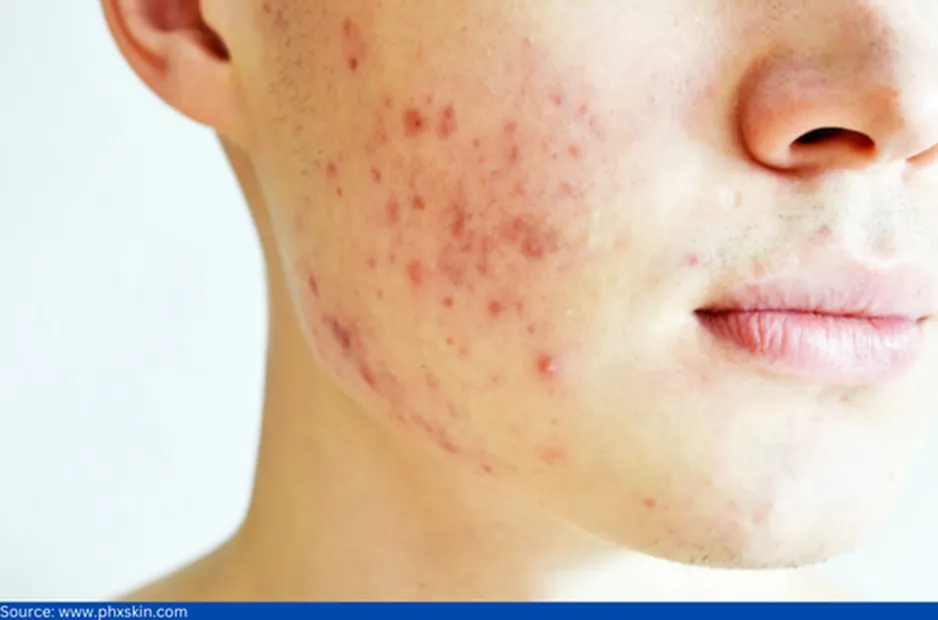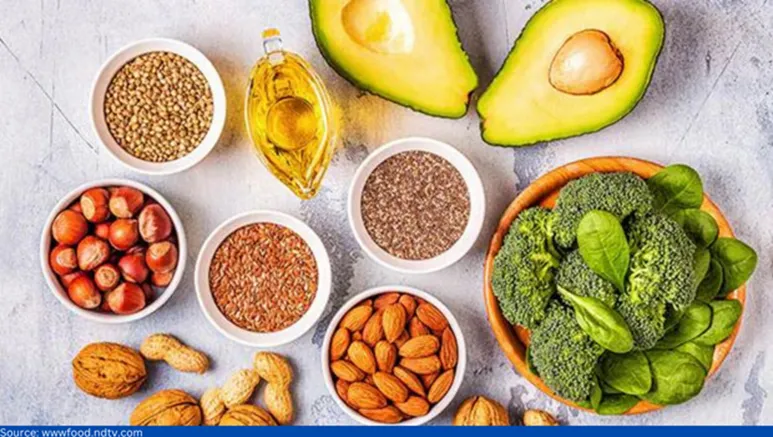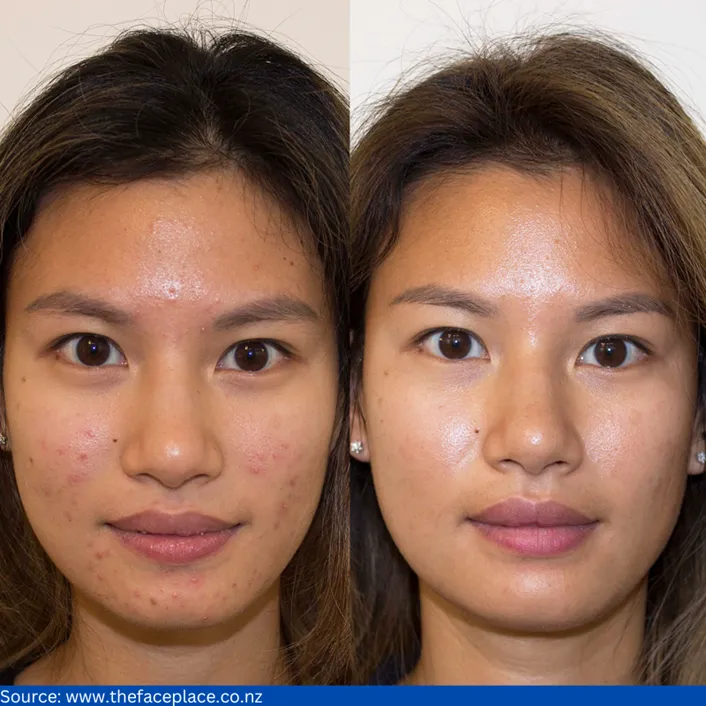When your skin breaks out, it may feel like you are the only person unable to get your acne under control. But the reality is, you are not alone at all. Acne affects over 9% of the global population every year.
Acne is the most common long-term skin problem and the 8th most common disease worldwide, says Dr. Swetha P, an acclaimed skin specialist in Indiranagar. Even worse, about 85% of people between the ages of 12 – 24 have at least mild acne (and about 15% of the adult women population struggle with acne).
With acne, a problem that is so common, it can be hard to figure out why it even occurs in the first place.
When your skin breaks out, it may feel like you are the only person unable to get your acne under control. But the reality is, you are not alone at all. Acne affects over 9% of the global population every year.
Acne is the most common long-term skin problem and the 8th most common disease worldwide, says Dr. Swetha P, an acclaimed skin specialist in Indiranagar. Even worse, about 85% of people between the ages of 12 – 24 have at least mild acne (and about 15% of the adult women population struggle with acne).
With acne, a problem that is so common, it can be hard to figure out why it even occurs in the first place.
What causes acne?
Every case of acne is different, but studies have found that it is caused by genetics and changes in hormones during puberty, pregnancy, menstruation, perimenopause, and menopause.
Also, stress, skin care products that clog your pores, and medicines like contraceptive pills can make acne worse. UV rays and environmental toxins can also contribute to acne by making free radicals that speed up a process called oxidation, leading to breakouts.
Dr. Swetha P explains that even though many things can cause acne to break out, the cycle of acne usually follows a certain pattern. First, too much oil (caused by hormones and/or genes) and dead skin cells block the pores. From there, bacteria start to grow inside the clogged pores, which is what causes the redness and swelling that acne is known for.
Dr. Swetha P maintains a holistic approach to skincare and provides high-quality treatments. Unsurprisingly, she is often regarded as the best skin specialist in Indiranagar.
Owing to factors that are not very avoidable, it is not easy to get rid of acne. Getting rid of persistent acne takes time, perseverance, and effort.
However, we have put together a list of some skincare ingredients to help you combat acne. So when you venture out to purchase products for your skincare routine, make sure you look for products that include the following ingredients.
Salicylic acid
Salicylic acid, also known as Beta Hydroxy Acid (BHA), has exfoliating qualities that eliminate dead skin cells and open up pores. It helps get rid of acne that is already there and keeps new ones from coming up. Look for creams and serums which are abundant in salicylic acid.
Retinol
If your skin is acne-prone and you have yet to try products with retinol, you are missing out on one of the best ingredients for your skin. You can use retinol in the form of lotions, creams, or serums in your skincare routine. Retinol helps remove dead skin cells, deep clean your skin, and open your clogged pores.
Niacinamide
Niacinamide (Vitamin B3) assists in building cells in your skin and protects your skin from environmental factors such as the sun’s UV rays, toxins, and pollution. Dr. Swetha P, the founder of Cosmoderm centre, a world-class skin clinic in Indiranagar, adds that Niacinamide makes your skin tone brighter, fades scars, and makes the texture of your skin feel smoother and better. It is anti-inflammatory which enables it to reduce and prevent your acne from becoming a recurring problem.
Activated charcoal
Clogged pores are a major cause of acne and other skin problems. And our pores get clogged because dust, pollution, and other impurities build up on our skin. Activated charcoal cleans your skin and gets rid of dirt and other things that are not good for it.
Bangalore’s renowned skin specialist, Dr. Swetha P, explains that products containing activated charcoal can help soak up excess oil and eliminate dirt and blackheads on your skin, leaving it fresh and healthy.
Green Tea
Because of how useful it is for your skin and general health, green tea is known as a “superstar” ingredient in skincare and overall health.
The highly-skilled skin specialist, Dr. Swetha P, says that green tea can fight acne, redevelop collagen, and fix cells that have been damaged by the sun because it has anti-inflammatory, antibacterial, and antioxidant properties.
Food that may help control acne
Even though more research needs to be done, a diet high in omega-3 fatty acids may help reduce inflammation and control acne.
Some foods that are high in omega-3 fatty acids are:
- Fish like salmon, mackerel, and sardines
- Soybeans and products made from soy, like tofu
- Pastured eggs
- Avocado
- Kale and spinach
- Pea (Navy) beans
- Mustard seeds and flaxseeds
- Nuts like almonds and walnuts
- Brown rice
Studies have revealed there is some evidence that foods high in dietary fiber and antioxidants may also help fight acne.
Conclusion
Acne is one of the most common ailments in adolescents and adults alike. Even if you treat your acne very carefully and for a long time, you might still get acne scars. When treating acne scars, it is essential to know how important it is to eat well, follow a healthy skincare routine, and stay hydrated.
If you have acne, you probably want to keep those breakouts under control. If you try various home remedies and continue getting pimples, it will be hard to get rid of acne scars in a good way. The longer you wait to treat your persistent acne, the harder it will be to eliminate acne scars.
If acne is bothering you and reducing the quality of your life, do not wait longer. Help is here.
Please visit Dr. Swetha P, an eminent skin specialist in Indiranagar, Bangalore, for safe, reliable, and effective solutions to your skin problems.




